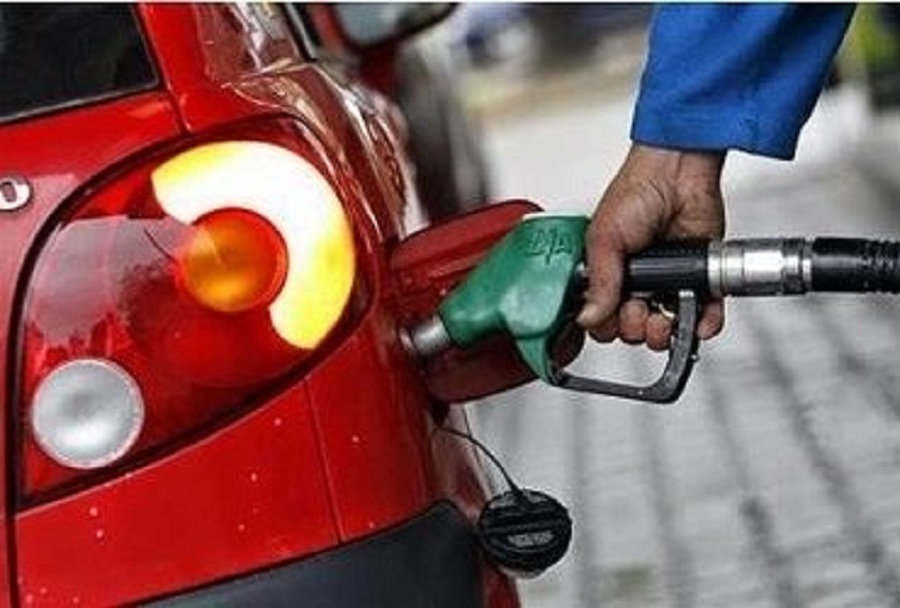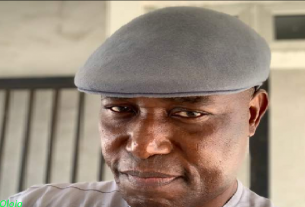The issue of removal of subsidy on liquid related derivatives of crude oil in Nigeria has been in the front burner since 1999. The argument against the continuous payment of subsidies to importers of premium motor spirits and other related paraffins was hinged on the fact that cheap cost of fuel in Nigeria aids the promotion of smuggling of the products to other neigbouring African countries, as well as grossly reducing government’s expenditure on capital goods in the economy. In order to ensure infrastructural development, government had over the years called for the total removal of fuel subsidy.
We, however, observes that payment of fuel subsidies in the past has been riddled with corrupt practices, and other issues that had promoted long queues and loss of time and wealth due to fuel shortages. However, we are also of the opinion that government ought to have ensured that the moribund status of at least two of the refineries should have been reversed, and modular refineries supported to ensure at least a reduction in the litres of petroleum and related products imported, and hence a reduction in the subsidies paid by the Federal Government over the years.
Given the intrigues and financial losses attributed to the politics of subsidy payments, we are not averse to the deregulation, and hence removal of subsidies in the petroleum sector, but warns that spillover effects would grossly affect the well-being of all Nigerians. This is given the fact that power supply to run commerce; transportation, and other sectors of the national economy depends largely on the oil sector. Therefore, this positive and significant correlation between oil volatility and cost of living and commerce portends a harder time for Nigerians in the year ahead. This is outside the fact that naira has lost most of its purchasing power, and Nigerians are currently be laboured with galloping inflation, rising food costs and expensive health care services.
While Nigerians are forewarned, as is the case every year, to brace up for the challenges, government should do more to alleviate the inevitable pains of this subsidy removal which would also come in its wake with increased electricity tariffs, toll gates, increased direct and indirect taxes. Therefore, we inform that the proposed transport allowances to the poor, in a political system that lacks accurate and verifiable data base, hoards COVID 19 palliatives; withholds workers’ salaries and without a transparent welfare scheme, is not in the least a palliative for the attendant discomforts of the resultant hikes of crude oil derivatives in the country.
While we consider it a shame, and failure of governments that Nigeria could not process its crude oil for domestic and international markets, it would be a bigger shame for such a potentially prosperous nation to make her citizens refugees and forced immigrants due to economic hardship. We also warn that fuel subsidy removal, without a development focused planned expenditure would only exacerbate the economic downturn of the nation and her peoples.
In order to forestall the extermination of the rich in order to cater for the poor, and the siphoning of revenues that would accrue from the removal of subsidies, we enjoin the Federal Government to engage with different groups and prepare sound-proof welfare policies that would save the nation from the negative effects of the increased prices of premium motor spirit and other crude oil derivatives.
These policies, we suggest, should include, amongst other things, the release of more allocations to the state and local governments; payment of living wages as against minimum wages, the revitalization of the refineries, revolution of the power sector for living and industrial development, promotion of production of adequate and affordable food for the populace; injection of funds to small scale enterprises, funds to modular refineries and better securities that would promote enhanced productivity of all Nigerians.
Furthermore, there is the need to cut the cost of governance, especially in the areas of political appointees and remunerations. With a zero-tolerance for corruption, transparent and accountable management of resources, enforced price control mechanisms and people-oriented governance, the inevitable fuel subsidy removal may turn out as the panacea to the nation’s economic tragedies.
The Hope





